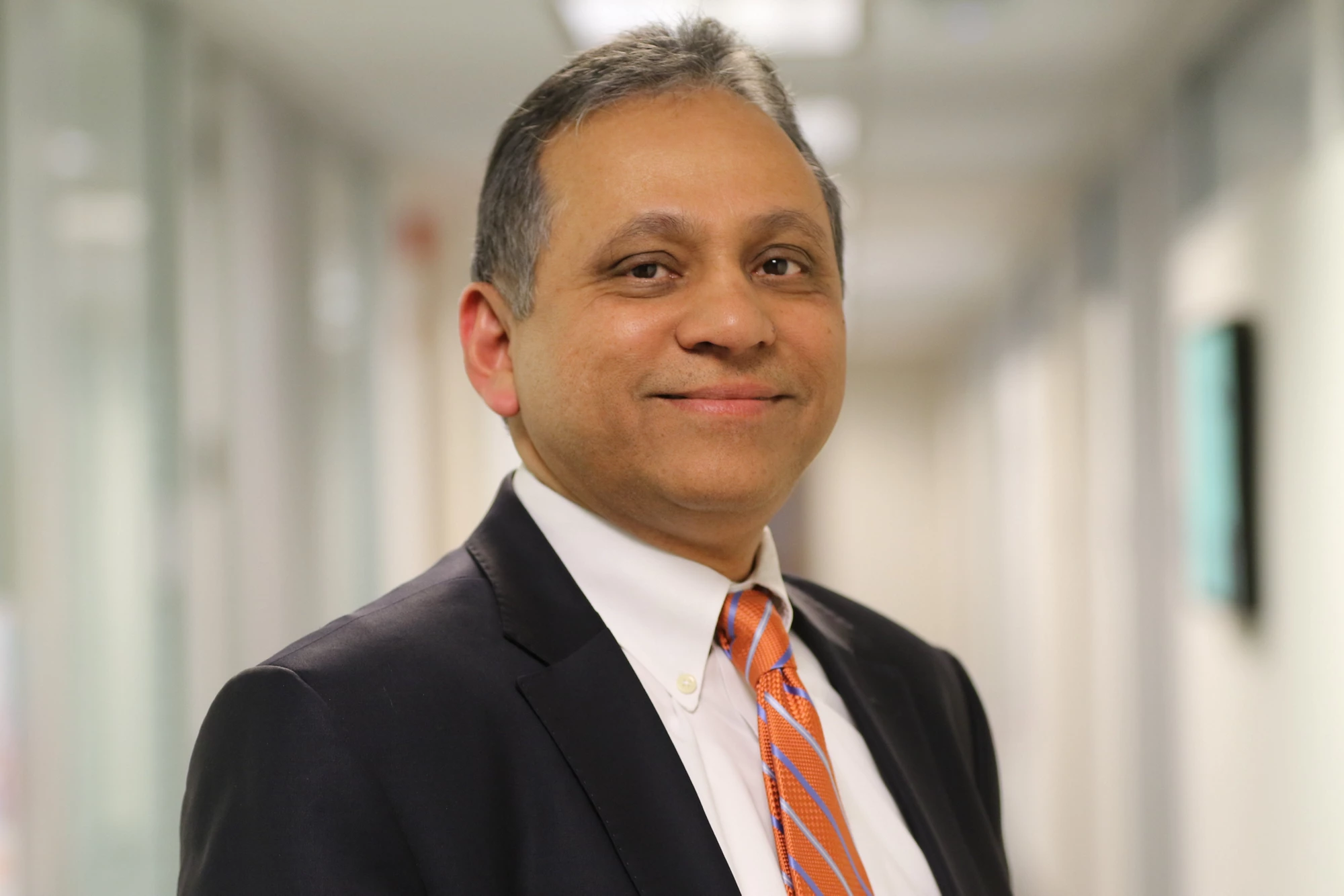The question of identity lies at the core of the complexity relating to migration. Let's start a conversation on the question, "Who am I?"
Sarah Dadush:
Who am I? Nationality-wise, there is some room for confusion: I was born in Italy, but I am not Italian. I grew up in London, but I am not English. I am French because my mother, who grew up in Morocco, is French, though that mainly happened because her mother is from Algeria. My father is French because he married my mother, but he is from Libya originally. We are Jewish. None of us has ever lived in France. Do I identify with my nationality? Well, my brother and I attended French Lycees in London and in Maryland, and French is my mother tongue. My grandmother and aunt live in France now, and I visit them regularly. That might be the extent of my French-ness. Though I do make an effort to follow political developments in France, I don't participate in local elections, for instance.
While it is sometimes confusing to be root-less, the nationality story remains an exciting one to tell. But increasingly, when I tell it, I wonder how different things would have been if my grandmother hadn't been French, but Algerian. Or how differently the story would sound on a day-to-day basis if my passport, rather than bearing the European Union gold lettering embedded on the now familiar burgundy, had been Moroccan, or Libyan. Could it be that I am the happy accident of legal systems that aren't terribly good at discerning who and who not to extend protections to? Could it be that these rules will in fact come back to hurt me in other ways, like not being able to stay in the United Sates, the country I now identify as home more than any other? Who do immigration rules help and who do they hurt? How can they be re-worked so that the gap between who one is and how one is interpreted at the border isn't quite so wide or harmful?
_____________________
Sarah is a lawyer, currently working as a research fellow at NYU School of Law's Institute for International Law and Justice, where she administers the Financing Development Program and conducts research on topics related to the privatization of development assistance.


Join the Conversation